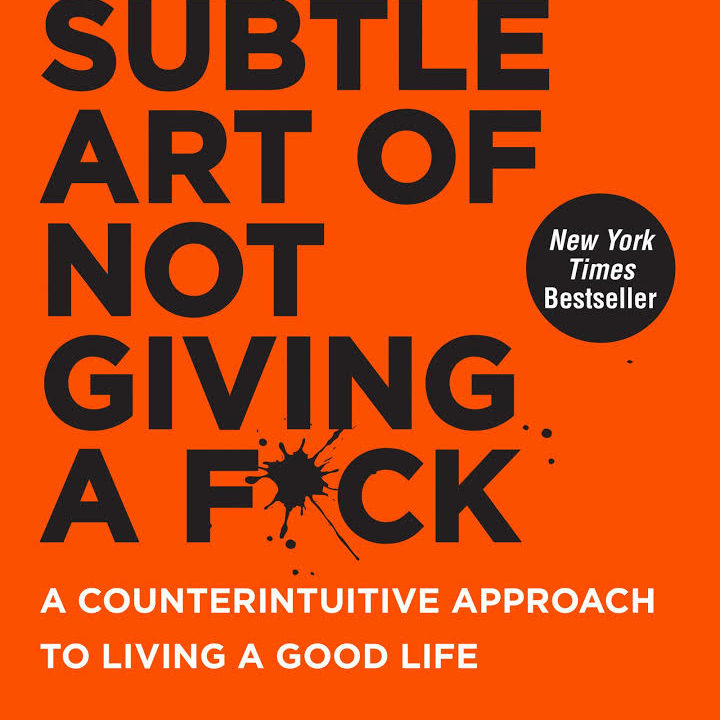
Laurie Ruettimann is a workforce expert and podcaster. Please check the homepage for her most recent podcasts, LinkedIn courses, and newsletters.
Organized religion is like Philosophy 101 for those who don’t want to take advanced courses. It simplifies complex ideas for the layman who’s content with just scratching the surface of life’s deeper meanings. Yet, it baffles me when management authors take a leaf out of religion’s playbook and claim ancient wisdom as their novel discovery. Without a blink, there’s a gaggle of them who borrow from the likes of Gandhi, Jesus, and Buddha, repackaging age-old teachings into business jargon. Talk about not citing sources!
Then, some offer a diluted version of Buddha or Jesus and act like they’ve hit upon a groundbreaking idea. To them, I feel like saying, “Buddy, the whole ‘desire equals suffering’ concept isn’t your brainchild. Ever heard of ancient scriptures?”
Don’t even get me started on those “servant leaders” who channel their inner Jesus without giving him credit. I see you.
However, I recently read Mark Manson’s “The Subtle Art of Not Giving a F*ck.” Surprisingly, it’s a brisk and engaging read, giving Buddha his due. It serves Buddhism on a platter sprinkled with profanities, making it palatable for those too busy to dive into the spiritual depth of Eastern philosophy.
Among Manson’s teachings:
- The nature of consciousness means we’ll experience suffering.
- The more we resist, the worse it gets.
- We need to be present, grounded.
- Deliberately choose your battles and where you’ll face hardships.
- Go out and make a difference in someone’s life.
Manson opines that our consumerist mindset makes us conjure unnecessary problems. True happiness, he suggests, comes from solving genuine problems and helping others. While success isn’t about materialistic achievements or beauty, it’s gauged by our compassion and our contribution to the community.
However, Manson’s approach stumbles in addressing those deeply entrenched in their problems like someone battling crippling anxiety, insurmountable debt, or alcoholism. His book might not resonate with them.
And this brings me to a larger question: Can any self-help book truly transform a life? Or do they merely string us along, making us dependent?
Manson, thankfully, doesn’t call himself a guru. He cares about his readers and tries to guide them towards a better life. While the intent is admirable, remember: he’s still selling a self-help narrative. Whether it’s Tony Robbins or Elizabeth Gilbert, I remain skeptical that a book alone can spur real change. At the end of the day, change is a deeply personal journey.
This journey involves internal decision-making translating into tangible action. True change is an arduous process, and success often requires surrounding oneself with supportive, like-minded individuals. It’s why your cousin who embraced spirituality or a new wellness guru seems so distant now. Their trajectory has changed, and you might not fit into their new narrative.
“The Subtle Art of Not Giving a F*ck” is a commendable starting point. But it’s just that – a start. Once the last page is turned, I hope you find a tangible support system to help manifest the desired change.
Namaste and fucking right on. The 4 agreements is also one that resonated with me in so many ways as a practical guide to living your life–(be impeccable with your word, make no assumptions (and assume positive intent), take nothing personally and always do your best)
You are still so punk rock…be well.
Good to hear from you scottymo. Stay in touch. xo
I just finished his book about Hope. As you, I found the Buddhism which resonates with me as do the logical findings of the Stoics. I get that death is necessary to have stakes in this life, but the utter disappointment of us meaning nothing and no hope for something after death left me feeling rather bleak and hope LESS. I wonder if he and his wife will ever have kids and if that will burst his logical heart open a bit …What do you think?